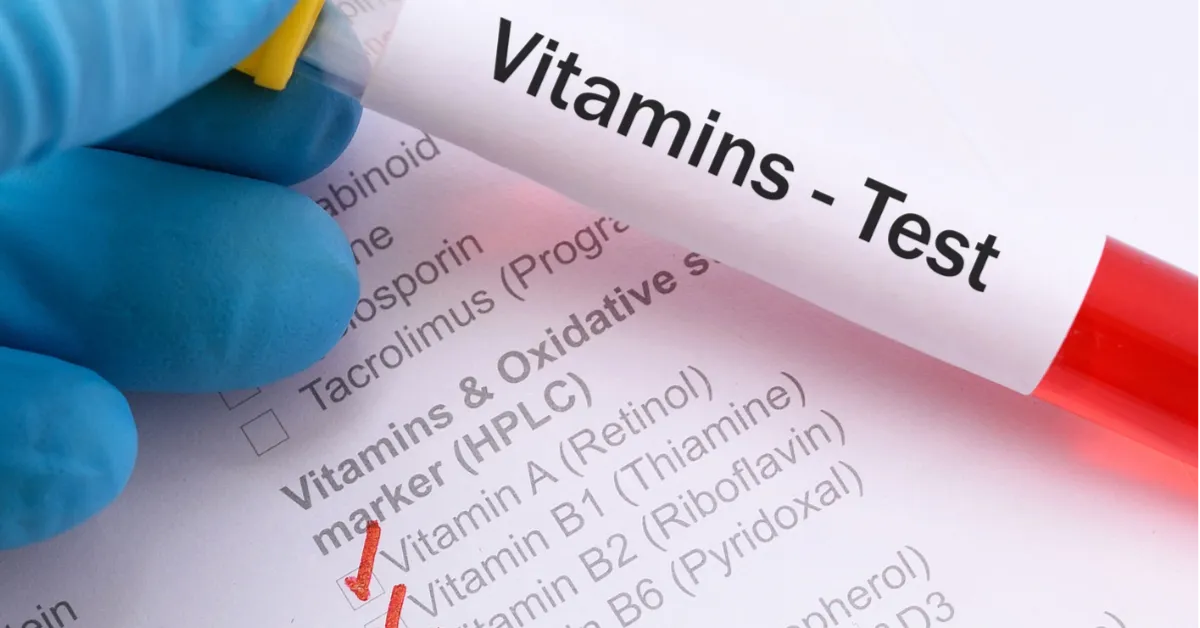EN 18145 Vitamin B12 Quantification in Meat Products
The quantification of Vitamin B12 (cobalamin) in meat products is a critical aspect for ensuring food safety, quality, and compliance with international standards. EN 18145, as part of the European Standard framework, provides precise methodologies to measure cobalamin levels in various meat samples. This service ensures that manufacturers adhere to regulations set by authorities like the European Commission and the Codex Alimentarius.
Vitamin B12 is essential for maintaining proper neurological function and preventing anemia. In meat products, its presence can influence flavor, texture, and overall nutritional profile. Compliance with EN 18145 ensures that food producers provide accurate labeling and meet consumer expectations regarding product quality.
The standard specifies the use of microbiological methods for quantifying cobalamin in meat products. These include enrichment techniques to concentrate the vitamin before measurement by HPLC (High-Performance Liquid Chromatography). The process involves diluting the sample, inoculating it with appropriate media, incubating under controlled conditions, and then extracting and purifying the cobalamin for analysis.
The testing procedure is designed to be robust yet sensitive enough to detect even trace amounts of Vitamin B12. This ensures that producers can meet stringent quality control requirements, especially relevant in sectors like organic meat or specialty niche markets where consumers expect premium standards.
Accurate quantification using EN 18145 is vital for several reasons:
- To ensure compliance with EU regulations on food labeling and safety;
- To support the development of new products that meet both regulatory and market demands;
- To provide data for nutritional claims, which can significantly impact consumer perception and purchasing decisions.
By adhering to this standard, manufacturers not only enhance their reputation but also safeguard public health by ensuring that the food they produce meets high safety standards. This is particularly important given the increasing global focus on transparency in food production processes and the growing demand for traceable, high-quality products.
Our laboratory has extensive experience in executing EN 18145, leveraging advanced chromatographic equipment to deliver precise results consistently. Our team of experts ensures that every sample processed is handled with care, from initial receipt through final analysis and report generation.
Eurolab Advantages
At Eurolab, we pride ourselves on offering unparalleled expertise in food testing services tailored to meet the specific needs of our clients. Our EN 18145 Vitamin B12 Quantification in Meat Products service stands out for several reasons:
- State-of-the-art facilities: Equipped with cutting-edge HPLC systems and other advanced analytical tools, we ensure accurate measurements every time.
- Dedicated team of experts: Our specialists are well-versed in all aspects of the standard, providing reliable results that can be trusted for regulatory compliance.
- Comprehensive support: From initial consultation to detailed reports, our services extend beyond simple testing to offer guidance and insights that help businesses optimize their processes.
We understand that every client has unique requirements. That’s why we customize our approach based on your specific needs, ensuring that the service provided aligns perfectly with your goals and objectives. Whether you’re looking to enhance product quality or ensure regulatory compliance, Eurolab is here to assist you every step of the way.
Environmental and Sustainability Contributions
The quantification of Vitamin B12 in meat products aligns with broader sustainability efforts by promoting resource-efficient practices within the food industry. By ensuring accurate measurement, we help minimize waste and optimize the use of natural resources throughout production cycles.
- Eco-friendly lab processes: Our facility operates under stringent environmental protocols, reducing our carbon footprint through efficient energy usage and recycling initiatives.
- Resource conservation: By providing precise measurements that reduce overproduction or underproduction errors, we contribute to the overall efficiency of meat product manufacturing, thus conserving raw materials and energy.
In addition to direct environmental impacts, accurate quantification also supports sustainable marketing strategies. Consumers are increasingly seeking out products from companies committed to sustainability, making precise testing a key component in building trust and loyalty among eco-conscious customers.
By adhering strictly to international standards such as EN 18145, we contribute positively to the global movement towards more sustainable food production practices. This aligns with broader industry trends aimed at reducing environmental impact while maintaining product quality and safety.
Competitive Advantage and Market Impact
Accurate quantification of Vitamin B12 in meat products offers significant competitive advantages, enhancing brand reputation and market position. By ensuring consistent compliance with EN 18145, food producers can differentiate themselves from competitors who may not meet the same stringent standards.
- Increased consumer trust: Ensuring that all products comply with international standards builds confidence among consumers, leading to higher customer satisfaction and loyalty.
- Premium product positioning: Accurate quantification allows producers to offer premium products backed by scientific evidence, which can command higher prices in the marketplace.
The ability to provide accurate data also supports innovation within the food industry. By identifying areas where Vitamin B12 levels could be optimized or maintained at optimal levels, researchers and product developers can create new formulations that appeal to health-conscious consumers seeking superior nutrition without compromising taste or texture.
Moreover, compliance with international standards like EN 18145 opens up opportunities for exporting products across different markets. Many countries have their own regulations regarding food safety and nutritional content; ensuring compliance helps companies penetrate these markets more effectively.





